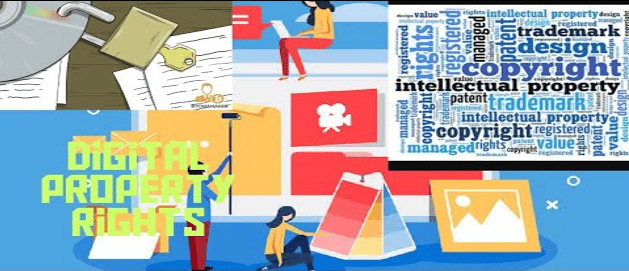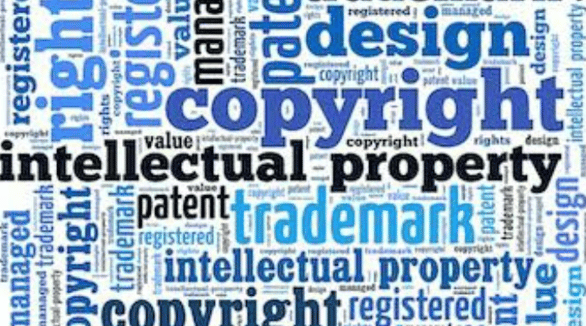What are Digital Property Rights?

Digital property, also digital assets, is any information that exists in a digital form, either online or in storage devices. Digital property rights are the rights that grant people access and control over digital information. Internet accounts, data, and other rights concerning the digital space, such as intellectual and contractual property, all fall under digital property rights. The evolution of digital property has seen the adoption of technology in different areas of society, even how people communicate.
Computers store and use data in the form of word-processing documents, emails, photos, spreadsheets, movies, audio files, and others. The information can be stored on the computer’s hard disk or in portable storage devices. The rights to the information are owned by the organization or individual who hosts or displays it on the internet.
With most of the content being shared online today, digital property rights have become so common. The rise in the popularity of the web has made digital property rights a hot topic in most companies, especially those in the hi-tech industry. There has been a push for digital property owners to be protected under the law, and this has succeeded.
Intellectual Property Rights

The internet has become the new marketplace for businesses but the law is yet to catch up with many of the digital properties found online today. That is why intellectual property rights in digital era are becoming very important. Digital property rights inherit traditional property rights, and this puts them on the same playing field as copyrights, trademark brands, and patents. Information as a digital property runs in the web space. Agreements and transactions between consumers and companies happen in a virtual world rather than in the real-life world which the laws were meant to guard. This means that businesses operating in the web marketplace enjoy a considerable amount of flexibility. Companies such as Yahoo, Amazon, Google, and Napster operate within this space.
Digital property rights disputes normally occur when some sort of piracy or counterfeiting happens between companies. Digital intellectual property can take various forms, and the infringement of rights tends to occur in unexpected places.
How to Protect Digital Property Rights

Copyright and digital intellectual property rights are very important to digital asset owners. Coming up with the best ways to protect digital property rights can be difficult, especially in technical areas such as computer algorithms and industrial design.
Consider the following example of digital property rights:
An individual who creates new computer programs may have to copyright the code and register a trademark to be used in marketing them. Thus, determining how to protect digital property rights should be handled carefully.
Below are some of the ways how to protect digital property rights today:
#1: Copyrights
Most digital assets are protected by copyright law. The copyright and digital intellectual property rights law deal with recorded or written digital assets.
It’s worth noting that copyright is an automatic right, meaning that you must not register the ownership of your digital assets. The law of digital property gives copyright protection to the first owner or the creator of the digital asset.
However, sometimes it can be difficult to prove the ownership of digital assets. To show that you are the original owner of a particular digital asset, you can use the copyright symbol © or add a declaration that states so. You can make a comprehensive statement like “All rights are reserved. This work should not be reproduced, reprinted, or used without the written permission of the publisher.”
Registering the ownership of a digital asset will give you exclusive and enhanced rights to the asset. It can help you to enforce your rights against infringement in a litigation process and allow you to seek compensation for monetary damages.
#2: Trademarks
Trademarks are good for protecting digital property rights for words, symbols, phrases, and logs. The trademark registration can be used forever, but it requires renewal after every 10 years. This makes it one of the appropriate ways to protect intellectual property rights in digital era.
#3: Utility Patents
Utility patents are meant to protect various types of inventions for 20 years. It gives you digital property rights on new or novel assets, meaning that you can’t patent what already exists.
#4: Trade Secrets
Trade secrets refer to intellectual property that a company may keep close and decide not to share with others. This protects you from losing an economic advantage in case the trade secret is made known to the public or stolen by a competitor.
However, it’s worth noting that since trade secrets are not filed with any official office, they don’t offer any official protection for your intellectual property rights. However, if you are capable of providing evidence that you made efforts to protect the trade secret, the law can be applied to punish the theft of the trade secret.
